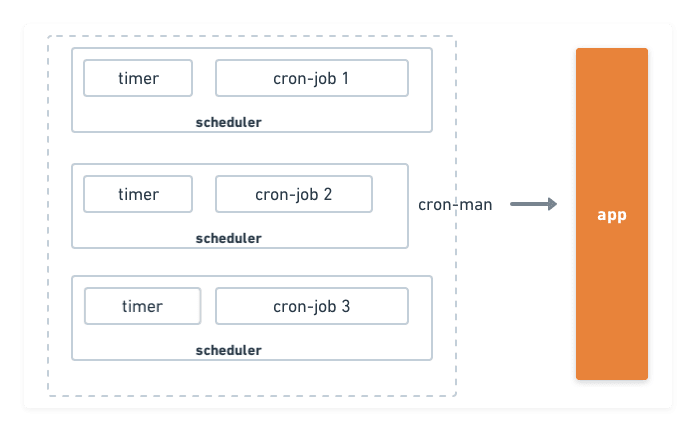

Timers are not guaranteed to go off precisely when they are scheduled, for example because the event loop is busy doing other things. After that timer is scheduled, it is rearmed to go off again after the same time interval T. SetInterval is implemented by registering a timer. No guarantee that I'm correct in my observations. I am stating it here for anyone who wants to debate or investigate a fix. Here is my understanding of the cause of the behavior described in this issue. The lack of spec is a big problem here, but if this isn't going to change, i think it would be worth adding a note about the drift in the timers section, as judging by the previous bug tickets i am not the only one that fell into this trap, some "official" stance on this would go a long way. I guess you see where i am going with this, the behavior is all over the place while all of it runs on v8. When it comes to electron i have no idea, but as that is mixed context by default, so will most likely drift. in mixed context, it will use the node implementation of setInterval (will drift).The setInterval in node context will most likely drift? (even i don't know) in separate context, the user javascript will run with the fixed setInterval from chromium.When a user (like me) have to write their own "fixed" setInterval to do the exact same thing just more accurately.Īnother great example that completely confuses everyone is setInterval in NW.js On the other hand if we consider a drift of ~1ms per interval firing, such drift accumulated over the span of 30 days doesn't sound very healthy to me.Ĭonsidering setInterval is just a "neat" way to setup re-curing timeout, doesn't such "drifty" behavior defeat the purpose of having it in the first place? In node uptime of weeks/months is completely normal for a node server, when it comes to websites users don't typically spend that amount of time on a single page so drift of couple of ms isn't a big deal there. Not accounting for the overhead prior to the rearm seems counter intuitive. I was personally really surprised by the different behavior. prototype.Correct, i actually did a deep dive through most setInterval related bug tickets before opening this one, since most of them got eventually closed and haven't really came to any definite conclusion and had no activity on them for 6+ months. Using // `process.nextTick()` here would result in the 'load' event always emitting // before any other promise jobs. Here, `queueMicrotask()` is used to ensure the 'load' event is always // emitted asynchronously, and therefore consistently. Within each turn of the Node.js event loop. Process.nextTick() queue is always processed before the microtask queue The process.nextTick() queue, which is managed by Node.js. The microtask queue is managed by V8 and may be used in a similar manner to IfĬallback throws an exception, the process object 'uncaughtException' The queueMicrotask() method queues a microtask to invoke callback. Removed as soon as the 'abort' event is handled. Listener, use the once() method) to ensure that the event listener is addEventListener( 'abort', ( event) => option (or, if using the EventEmitter APIs to attach a Single type property set to 'abort': const ac = new AbortController() Īc. The callback is invoked with a single object argument with a The 'abort' event is emitted when the abortController.abort() method Class: TransformStreamDefaultController.Static method: AbortSignal.timeout(delay).


 0 kommentar(er)
0 kommentar(er)
